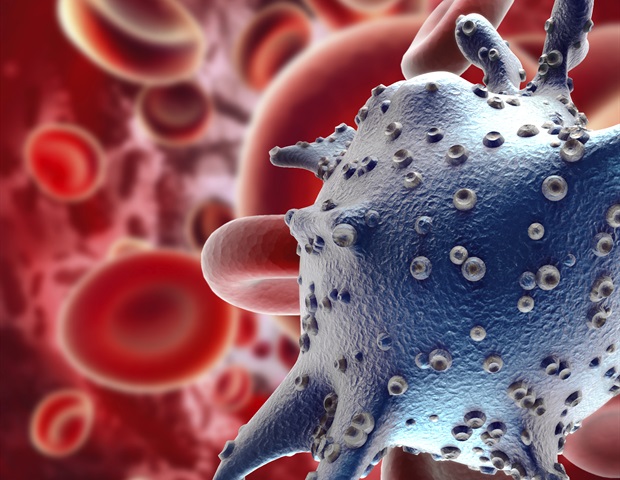When an aggressive cancer launches an invasion on the human body, anything that can be done to slow down or better understand that fast-paced assault is going to be a bonus. Researchers at the Department of Energy's Oak Ridge National Laboratory are now using a cutting-edge "drug design" approach. They are focusing on metabolic pathways that scientists in the future may be able to use to target highly aggressive tumor-forming cancers.
These include lung, colon, breast, pancreatic and prostate cancers. A metabolic pathway is the series of interconnected chemical reactions that occur within a cell. These reactions allow the cell to consume or generate nutrients necessary for the cell to stay alive and divide.
In their latest research, the scientific team used neutrons and X-rays to draw a roadmap of every single atom, chemical bond, and electrical charge inside a key enzyme that belongs to a metabolic pathway. Cancer cells dramatically overuse this pathway to reproduce. Identifying every single part of that key enzyme paves the way for designing new drugs.
These drugs can act as roadblocks along the metabolic pathway to cut off the supply of vital resources to cancer cells. The research, published in August 2023 and in August 2024, is ongoing. Interestingly, the molecules the team is planning to design belong to the class of metabolic anticancer drugs.
These were some of the very first drugs used to treat cancer, such as methotrexate that targets a different enzyme. Over the ye.


















